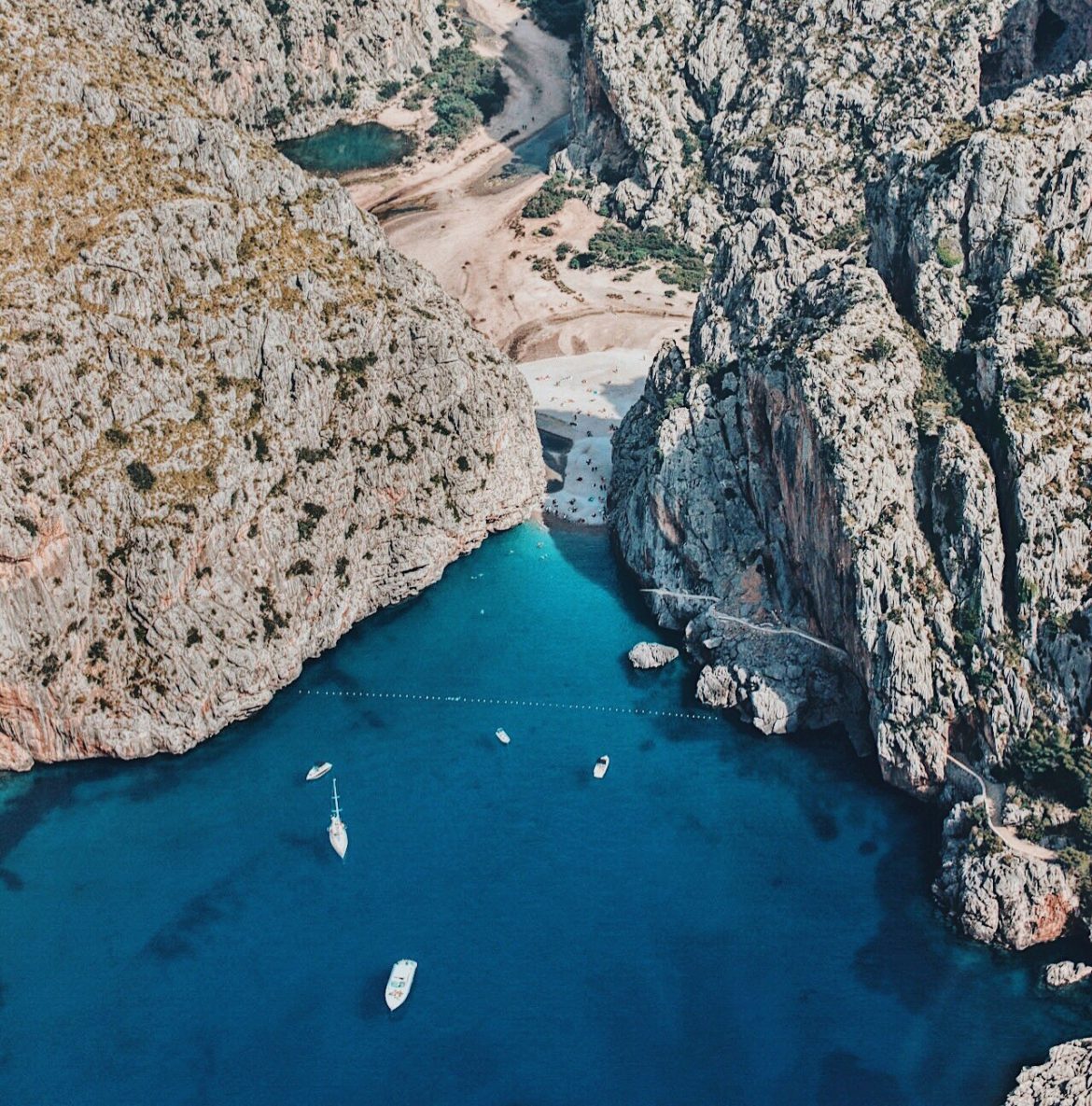Sa Calobra, declared a Natural Monument by the Balearic Government in 2003, is a beautiful cove located in the Tramontana mountains of Mallorca. To get there, you’ll head down the MA-10 towards Escorca. Along the way we highly recommend stopping in Fornalutx, a tiny medival village of steep cobbled streets and traditional appearance that has a reputation of being one of the loveliest towns in Spain. Spain!
Fornalutx
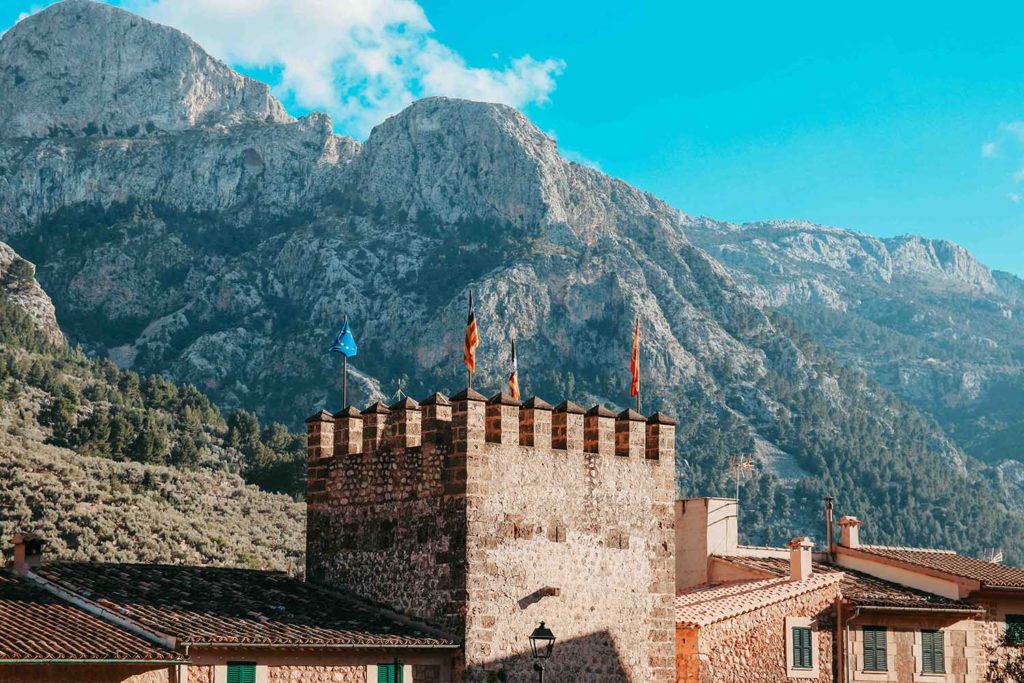
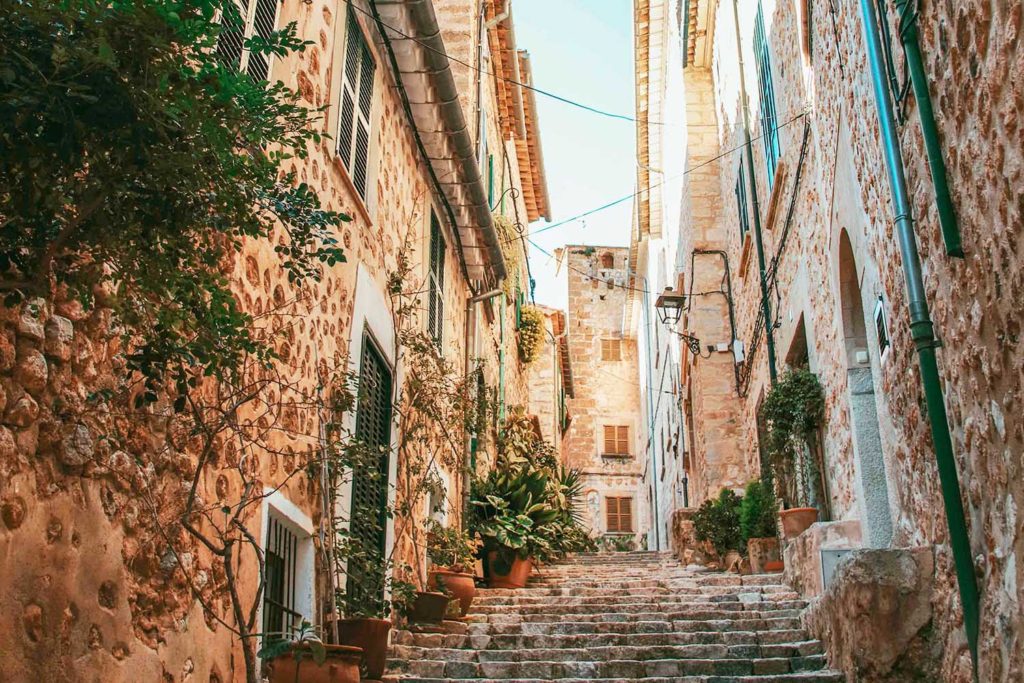
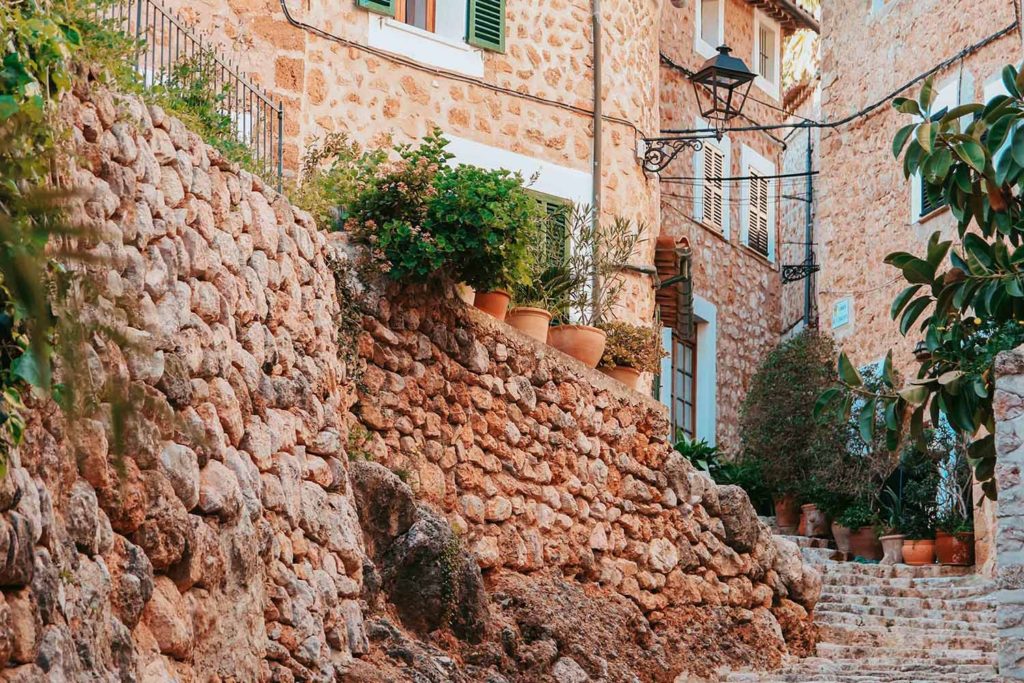
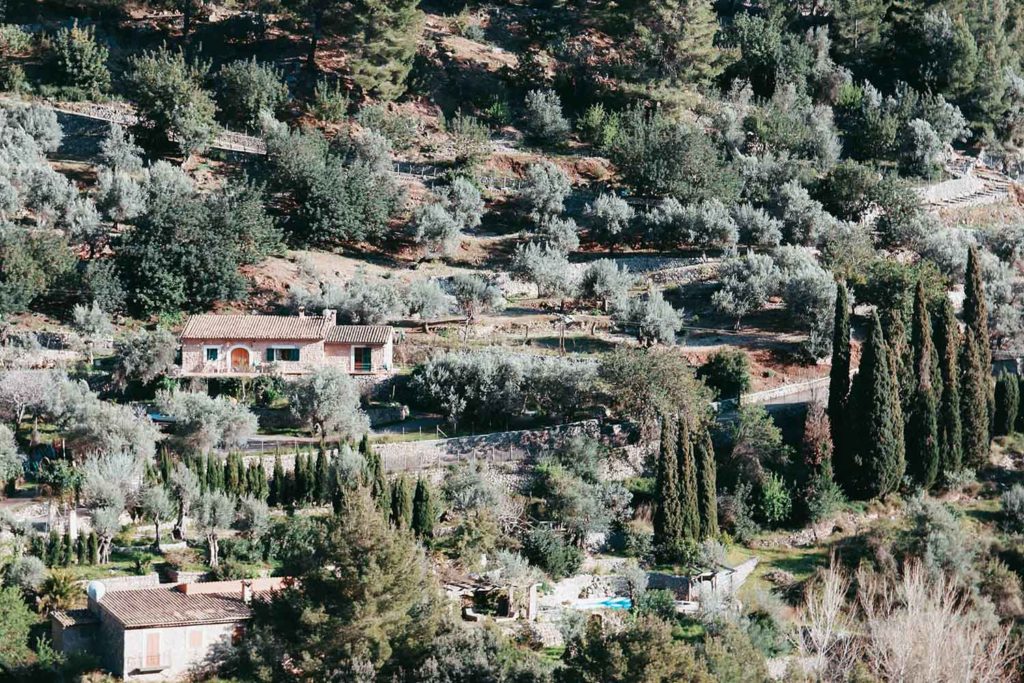
From Fornalutx you’ll head back to the MA-10. And along the road to Sa Colabra you’ll also pass the Cuber and Gorg Blau reservoirs between the slopes of the Puig Major, the highest peak on Mallorca. This is another good opportunity to stretch your legs or grab a bite at one of their picnic spots.
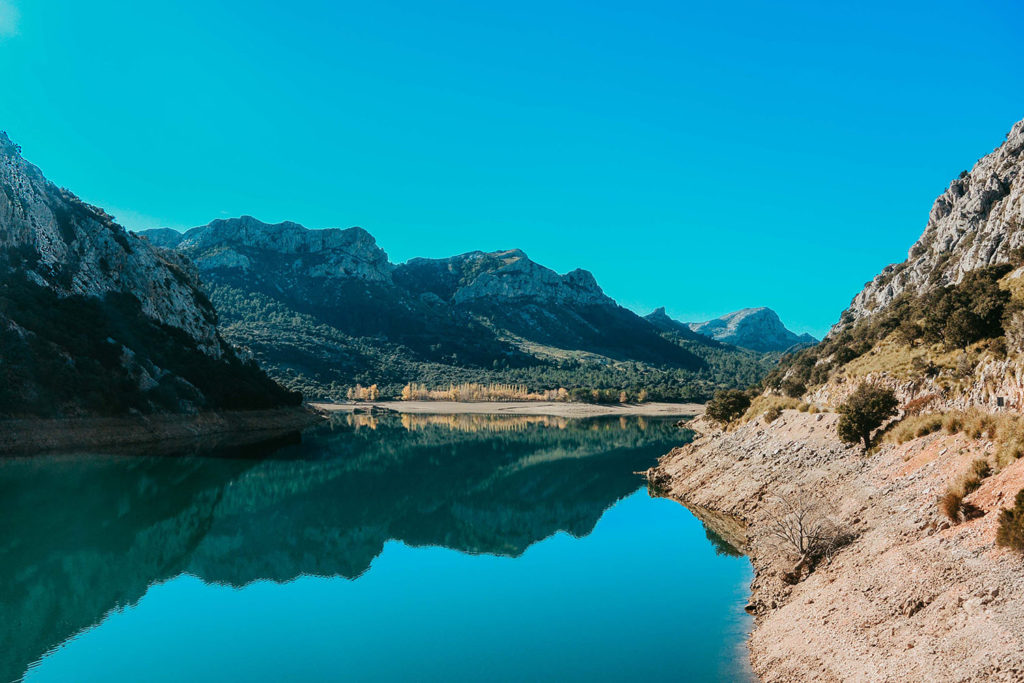
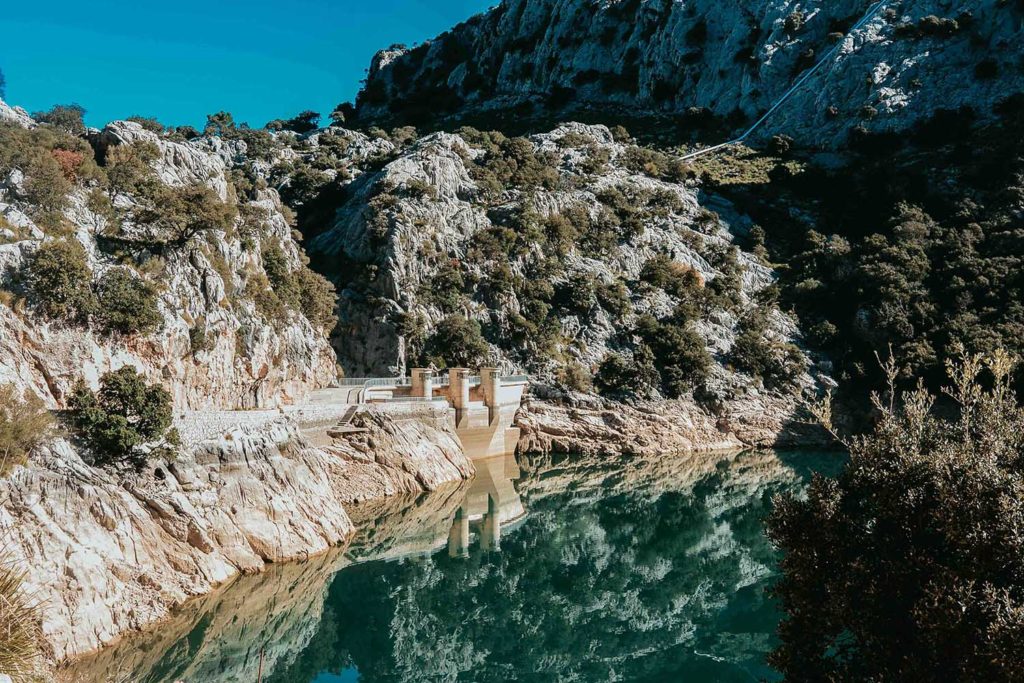
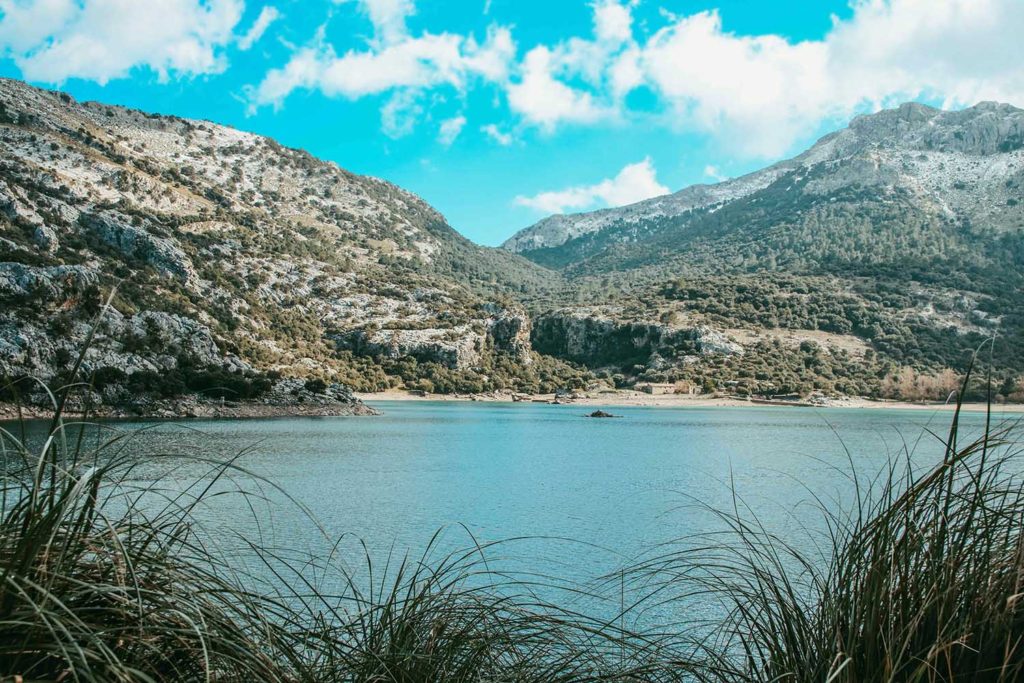
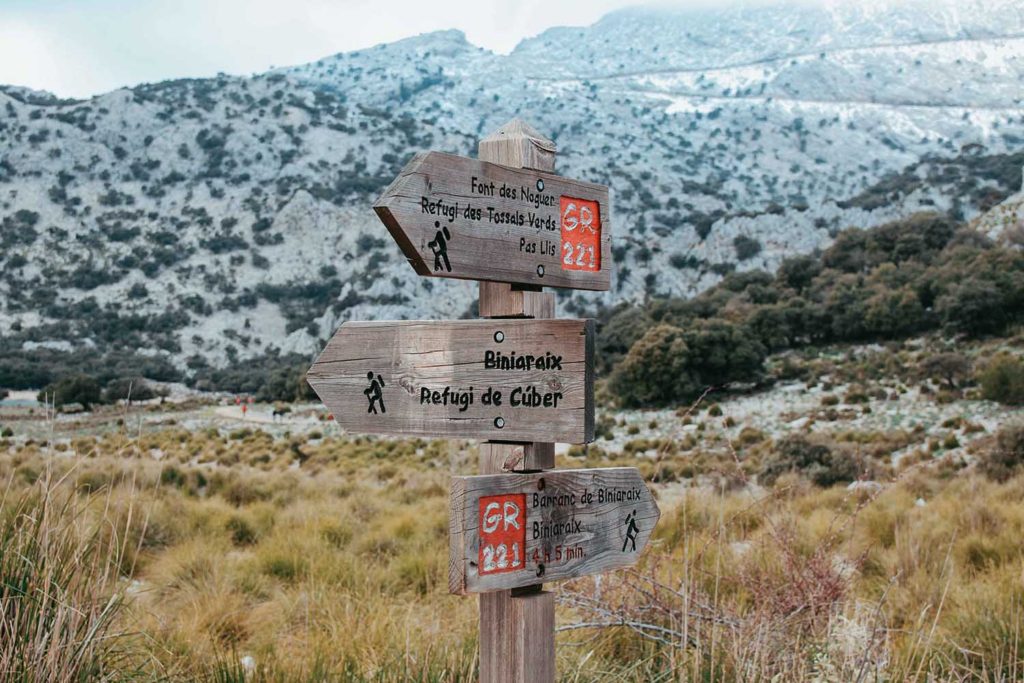
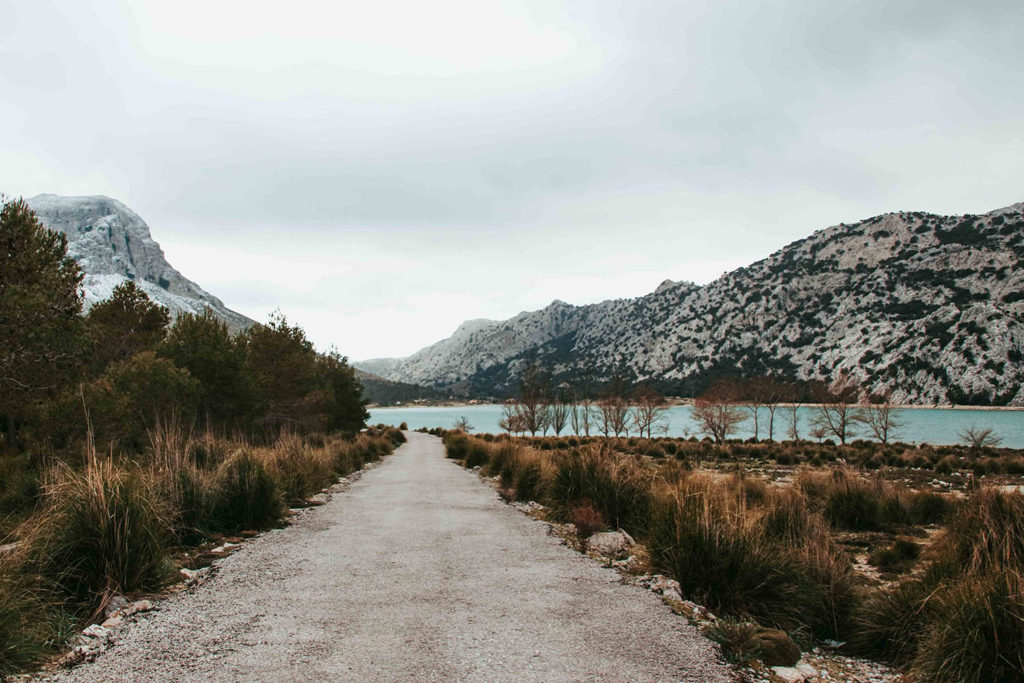
After 11 miles, take the turn-off to the bay of Sa Calobra. From there you have a steep winding road with plenty of twists and bends, including the famous 270 degrees curve of nudo de corbata (tie’s knot) before you descend down to the sea.
Sa Calobra
The Ma-2141, as the road in named, was designed in 1932 by the Italian engineer Antonio Parietti. It is considered an environmentally-concerned masterpiece as it was built without using machines and no tunnels were blown through the mountains. Through its 8 miles long and a total elevation of 720 meters you will enjoy truly magical mountain scenery backdropped by the Mediterranean Sea. But beware of cyclists, as there are LOTS.

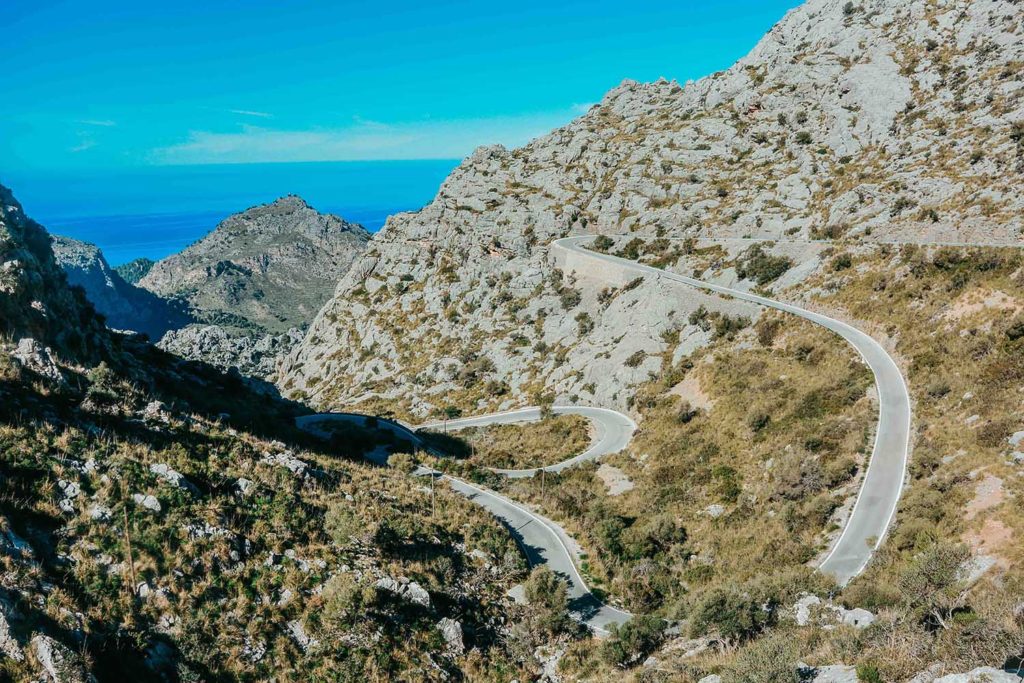
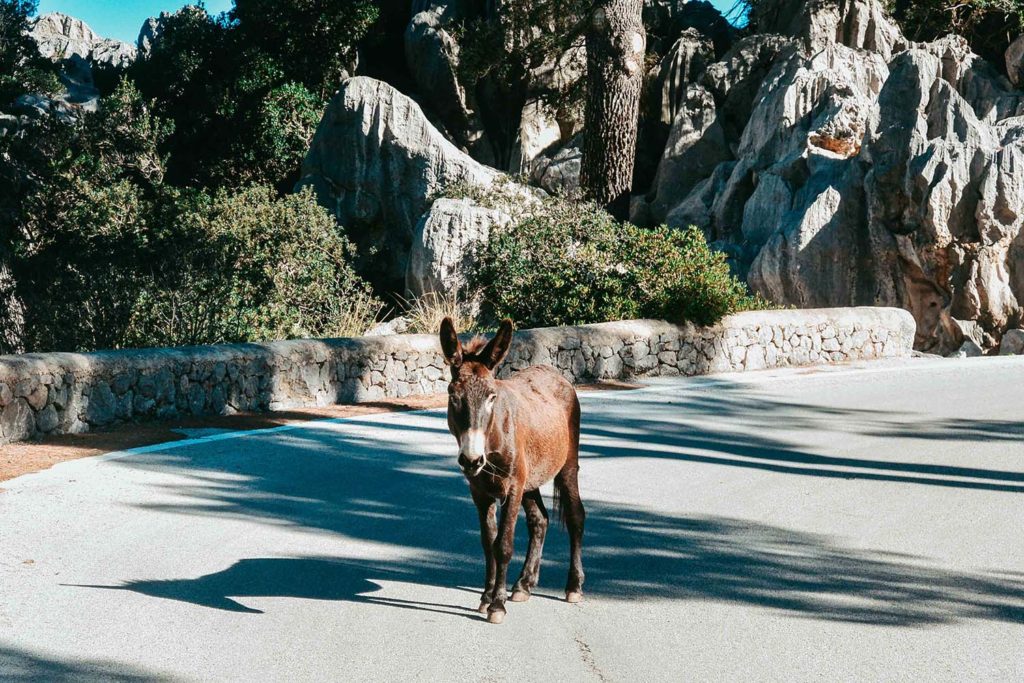
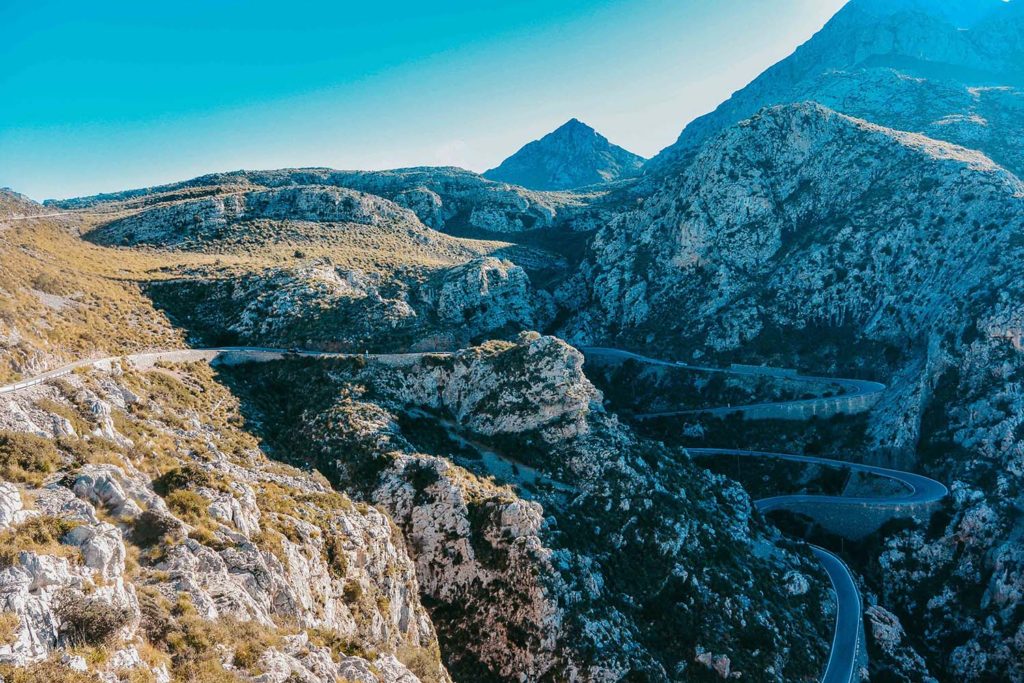
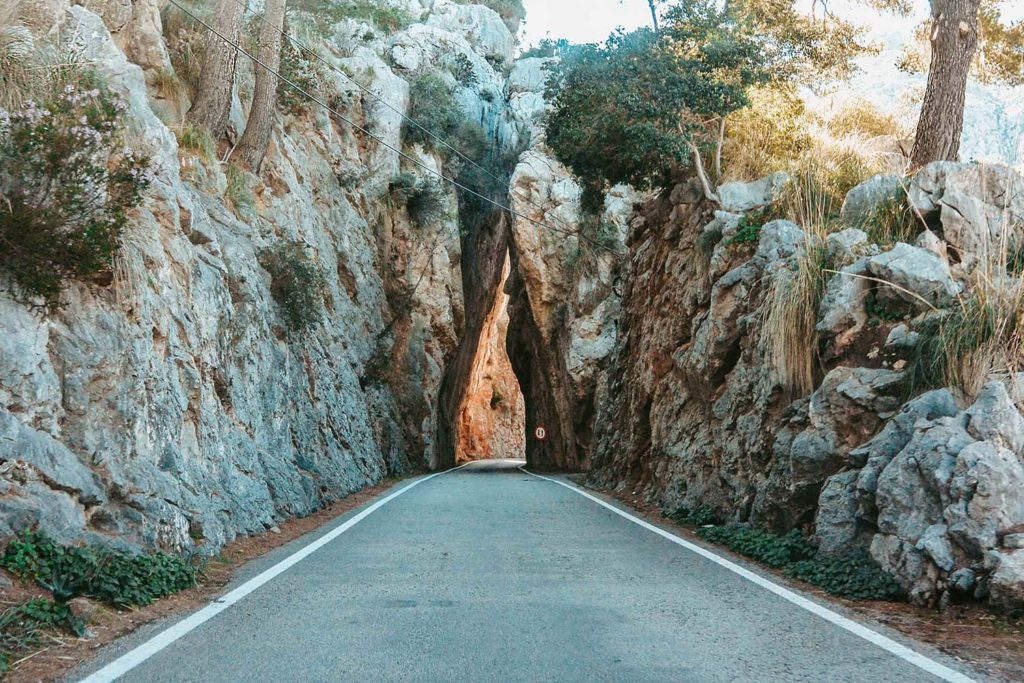
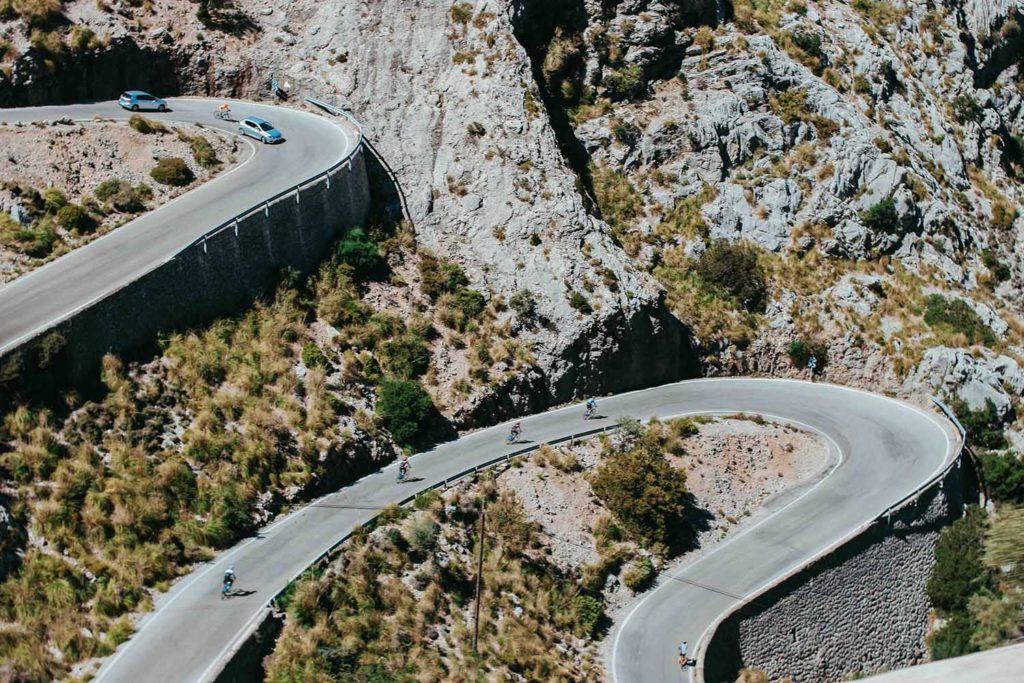
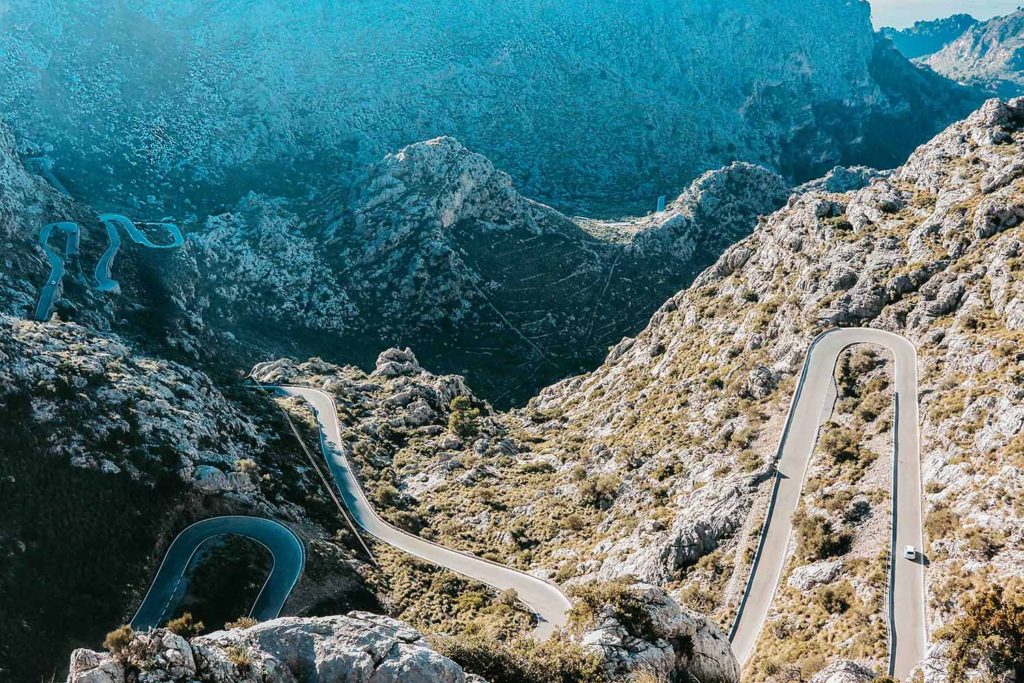
The road leaves you at the charming harbor village of Sa Calobra. Here you’ll want to park your car and continue by foot along the right hand side of the beach, following the path through a few neon lit tunnels to a beautiful cove at the gorge Torrent de Pareis.
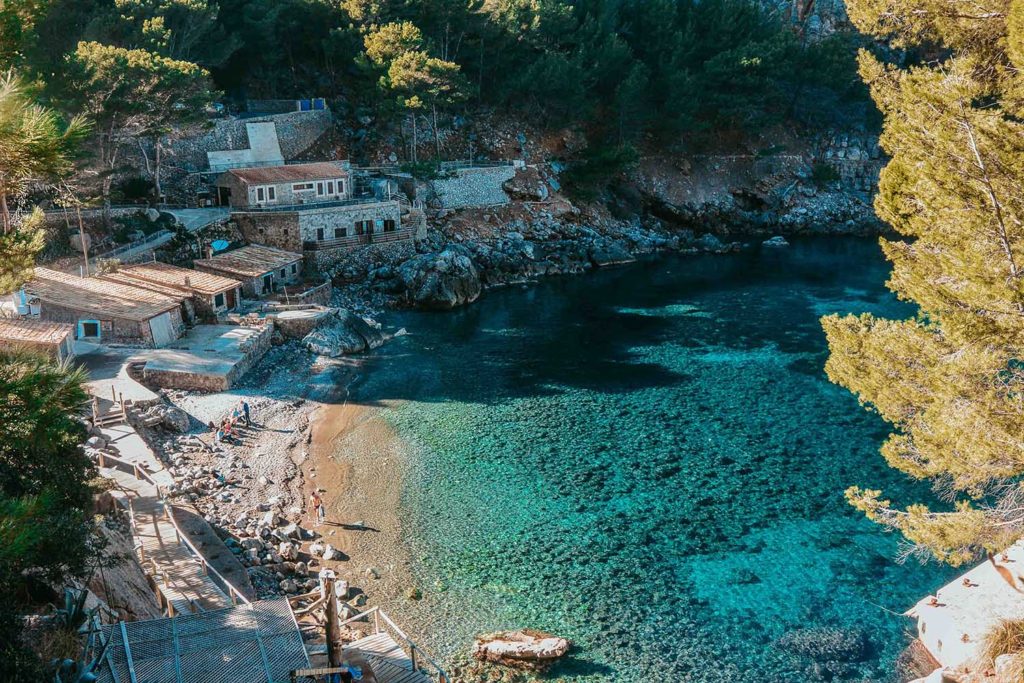
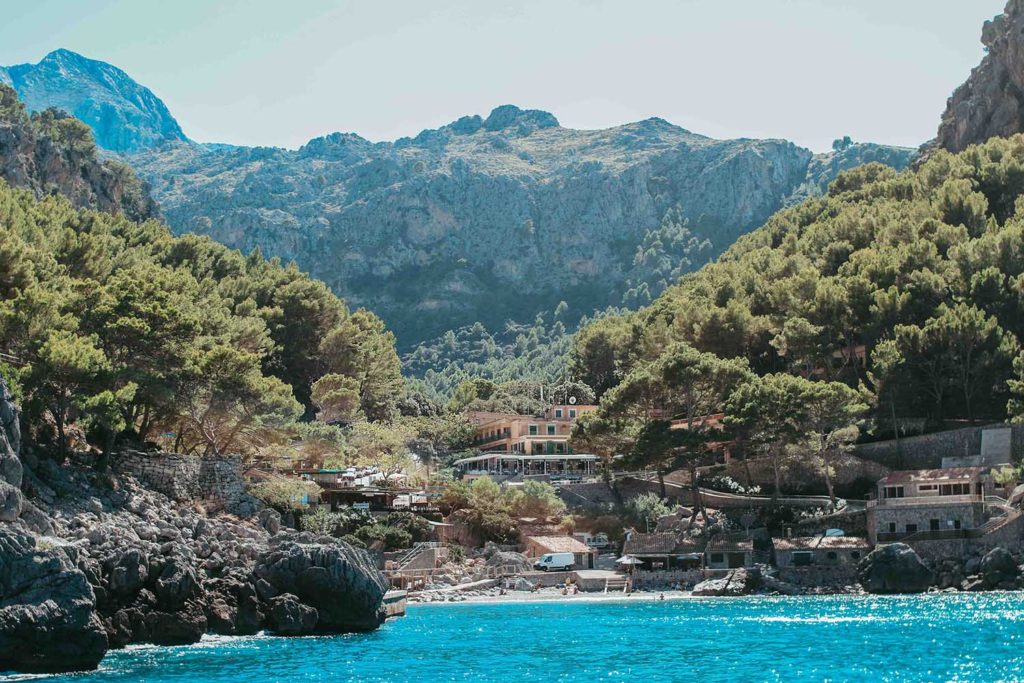
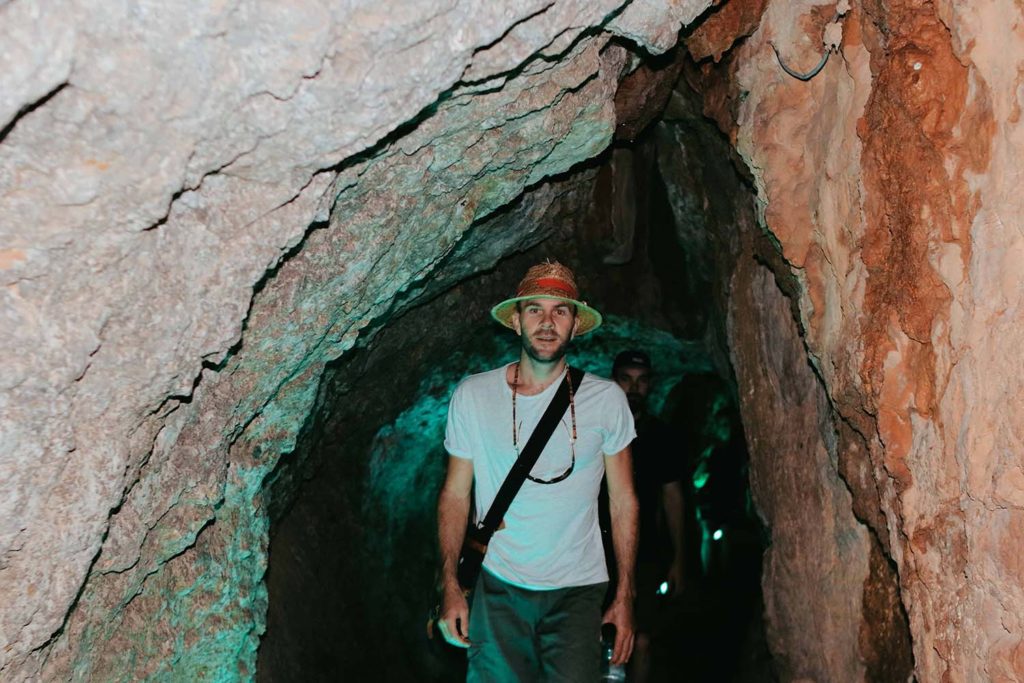
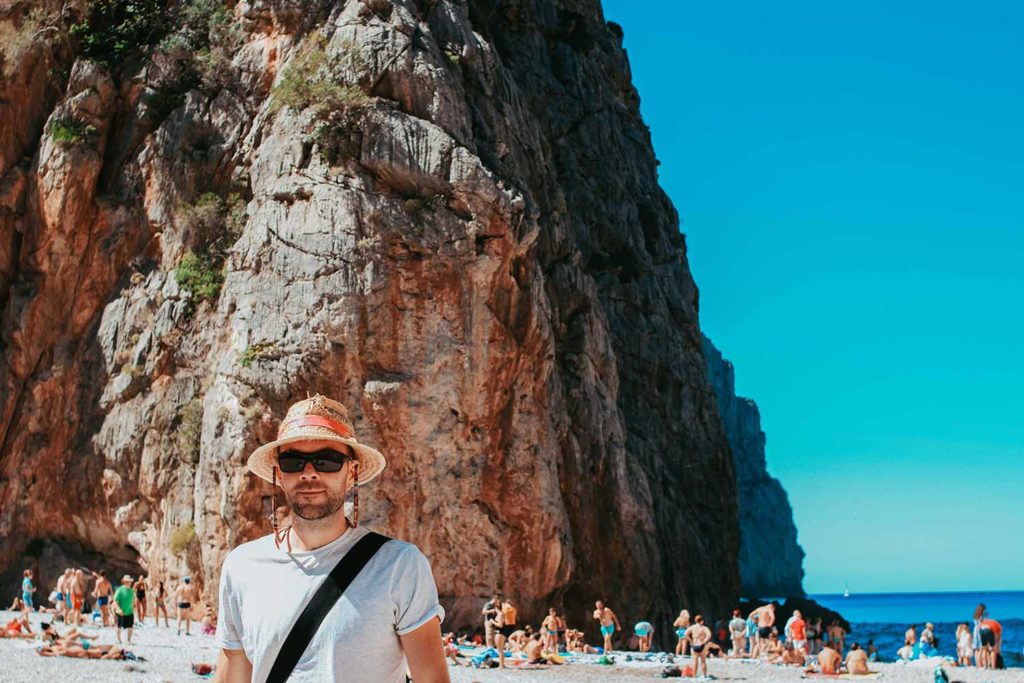
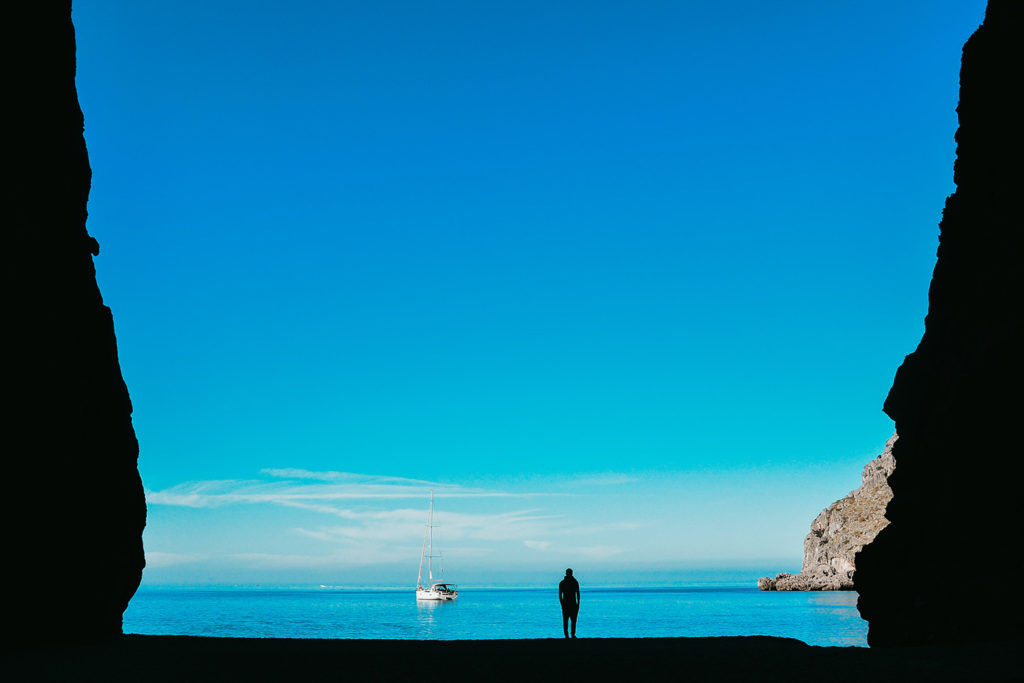
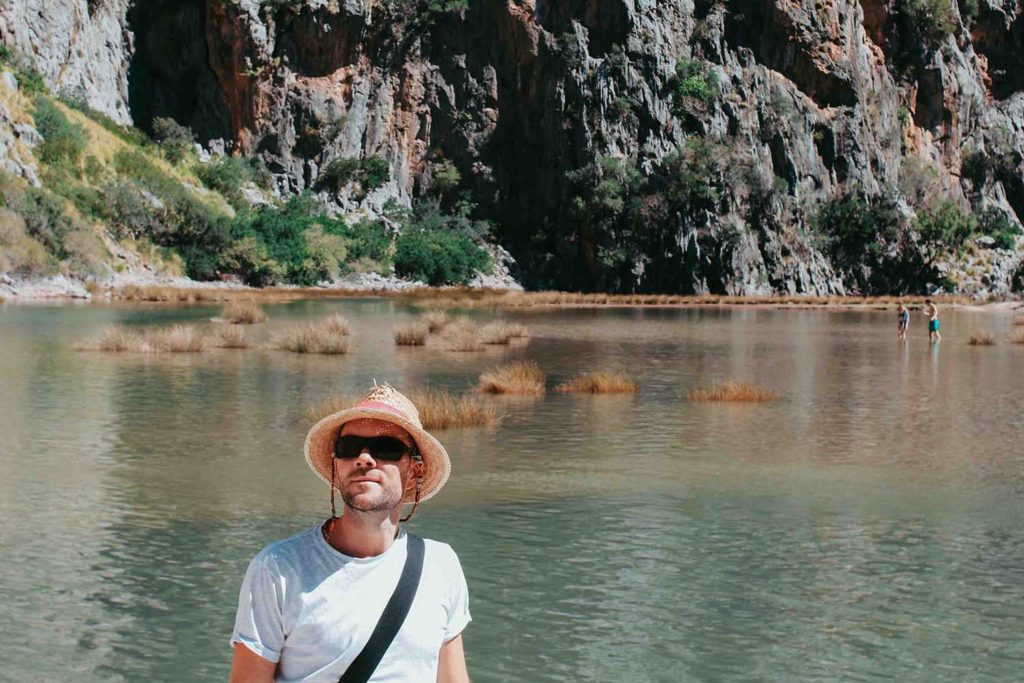
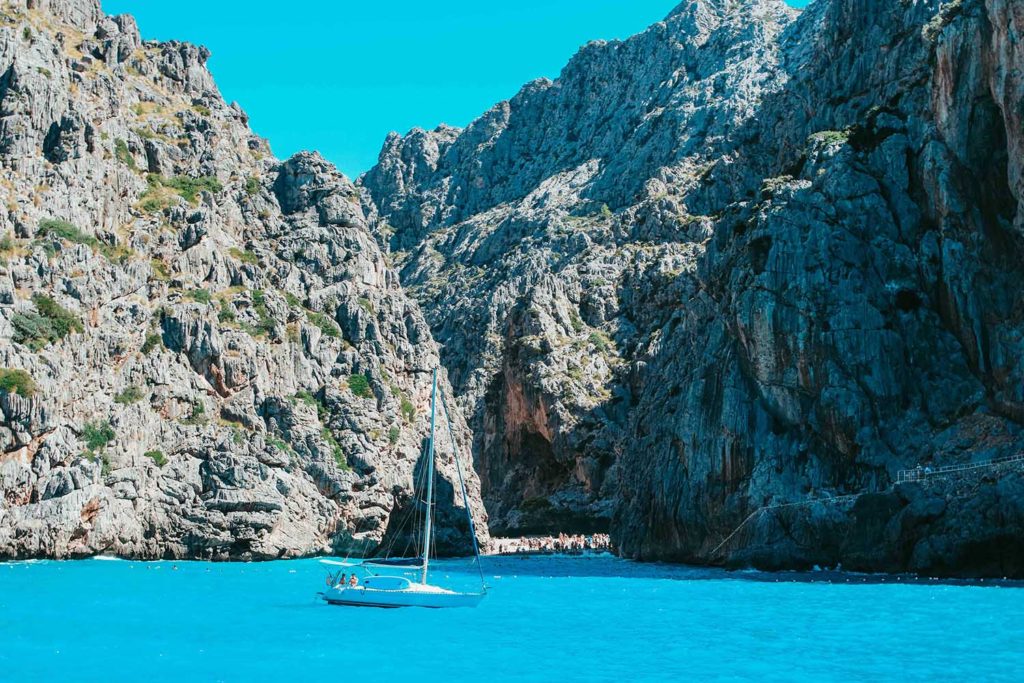
Lluc
When you are ready to go back, you’ll wind your way back up to the MA-10 and continue north to Escorca. Less than 15 minutes later, take the exit to Monestir de Lluc. This large monestery complex is considered a sacred and spiritual place by the thousands of pilgrims who visit every year to see its 14th century dark statue of the Black Virgin, known as La Moreneta. You can spend some time exploring the grounds of the monastery, its gardens and museum.
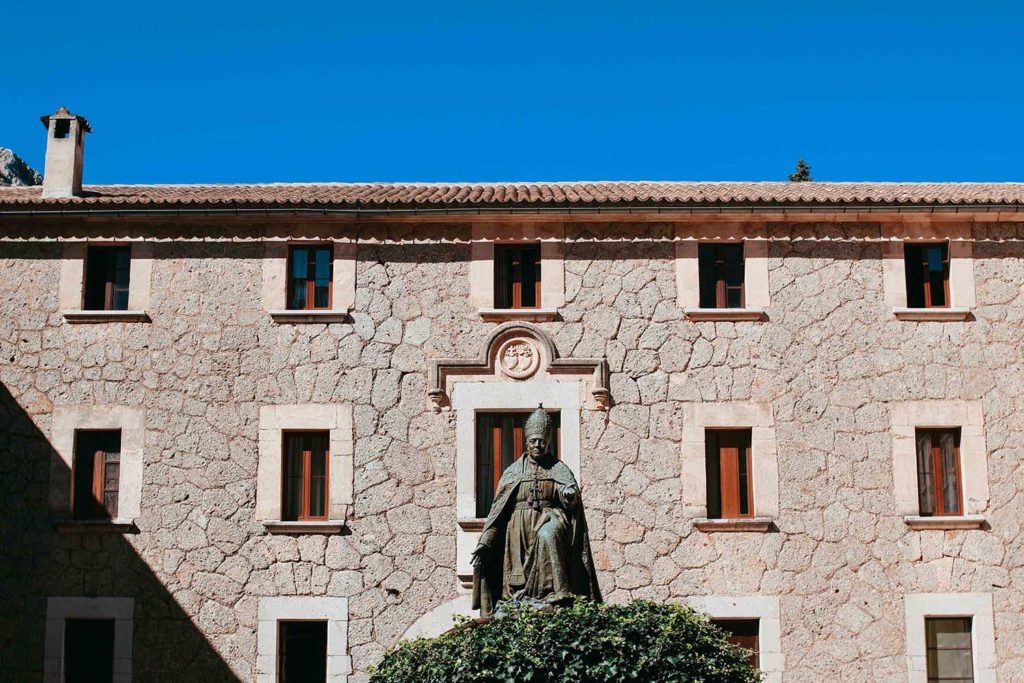
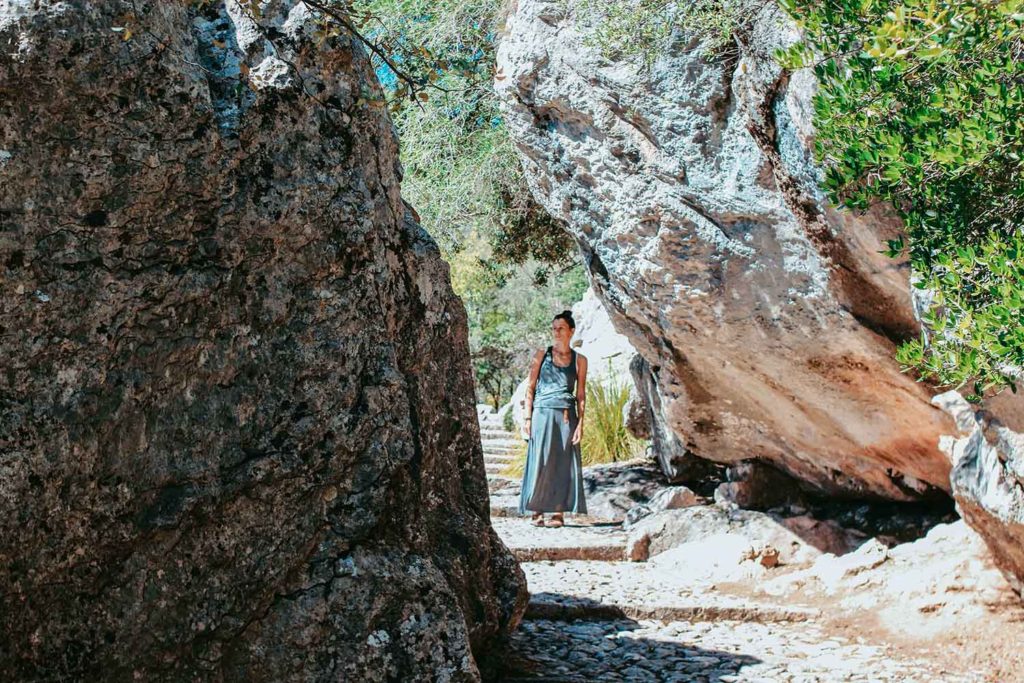
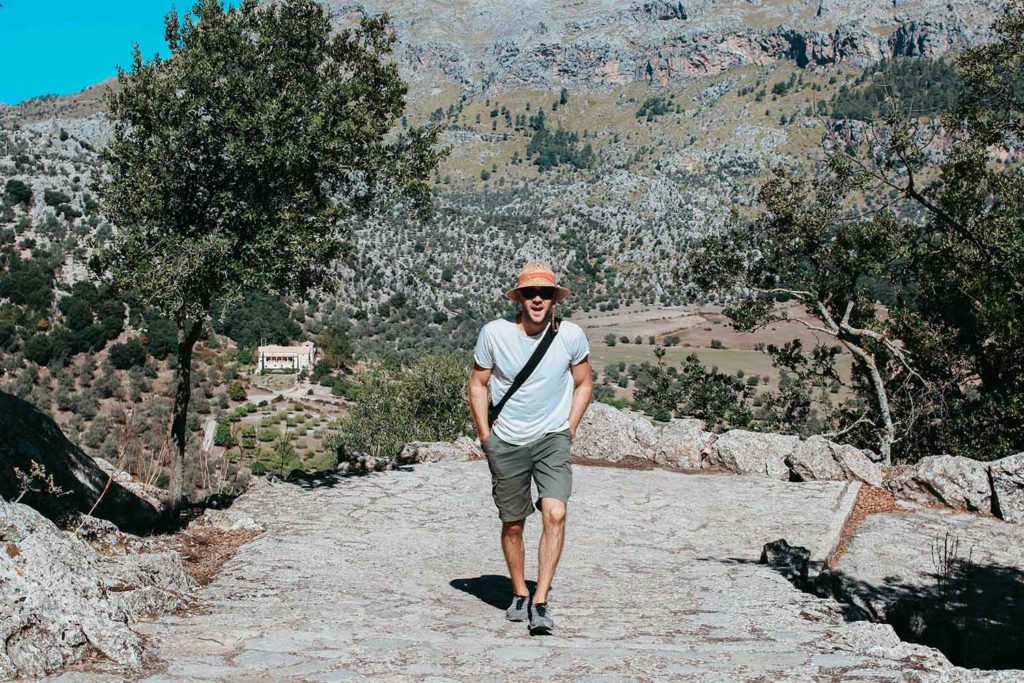
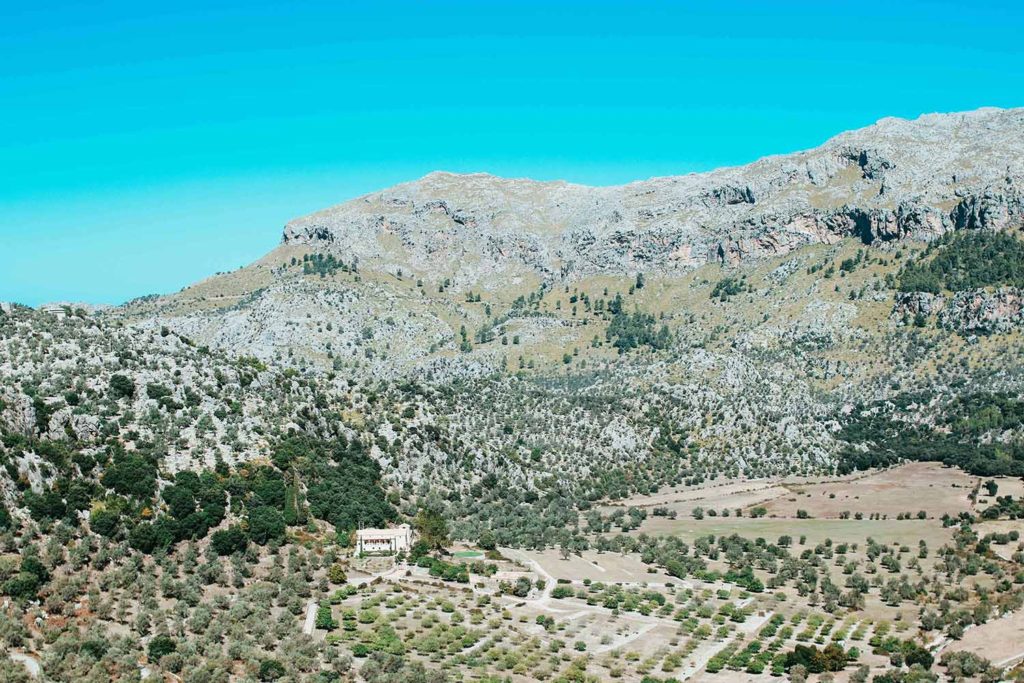
Caimari
On the way back, on your way to Inca, you will cross the Coll de Sa Batalla pass, a very popular climb for cyclists that takes its name from a 17th century battle. It is a well paved road where you’ll have a lovely view of the unspoilt, olive-strewn countryside that populates this part of the island. You will then drive through the gorgeous and quiet hillside towns of Caimari and Selva.
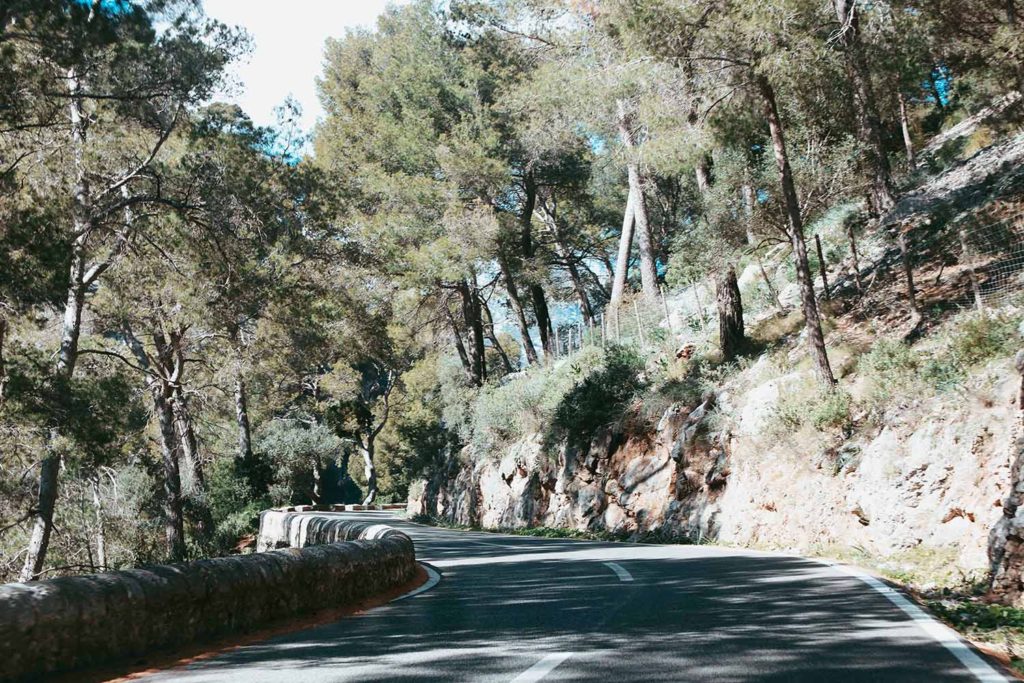
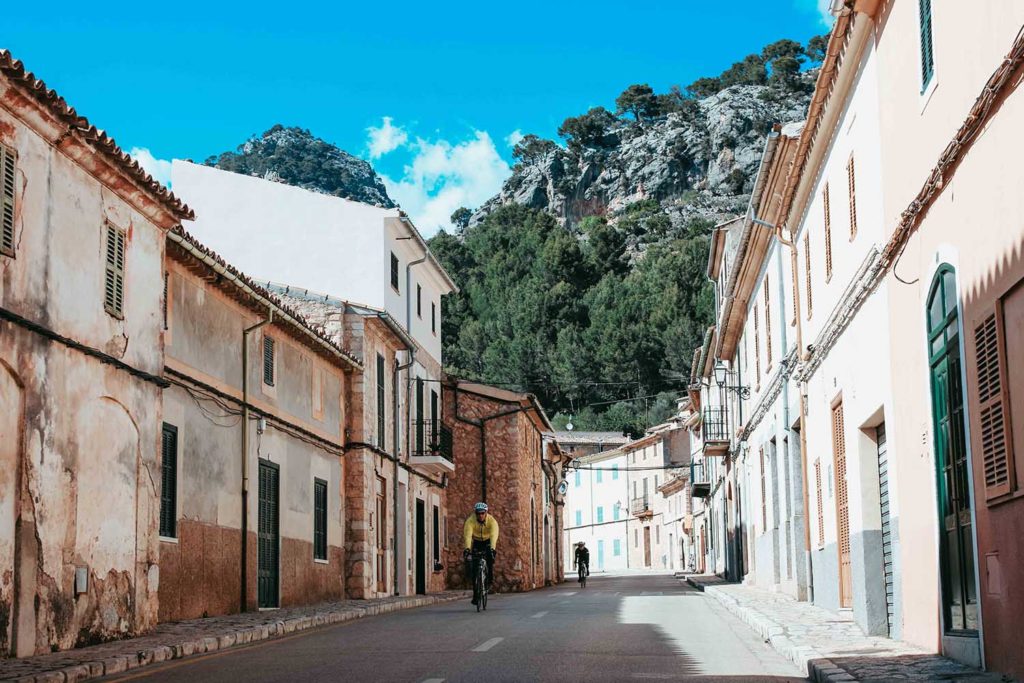
Inca
Four miles south you’ll encounter the city of Inca, Mallorca’s third largest town, which is famous for its leather industry. Here you can get a taste of daily Mallorcan life by taking a pleasant stroll through its relatively modern streets. Also, if you are lucky to be there on a Thursday morning you can visit the famous weekly market.
Towns on this route: Sóller – Fornalutx – Sa Calobra – Escorca – Lluc – Caimari – Selva – Inca.
Length of this route: 40 miles.
Where to eat: Ca N’Antuna in Fornalutx, Hotel Sa Calobra in Escorca, Sa Fonda in Lluc.
Where to sleep: Hotel Ca’n Reus in Fornalutx, Santuari de Lluc in Lluc, Petit Hotel Son Arnau in Selva.
Tips to save money on your holidays in Mallorca
- The best hotels at the best prices in Mallorca.
- Enjoy a € 35 discount on Airbnb when you sign up.
- Travel safe and don’t forget your travel insurance! Here you have a 5% discount with the best travel insurance.
- Take advantage of the best car rental discounts in Mallorca.
- Book the best tours and day trips in Mallorca.
This post contains some affiliate links to 3rd party websites in the form of text links. I may receive a small commission if you make a purchase using those links at no extra cost for you, and may sometimes cost even less. These affiliate links are from trusted resources and I only link to products, services, or business I have either personally used, or otherwise thoroughly researched and/or believe will add value to my readers.

